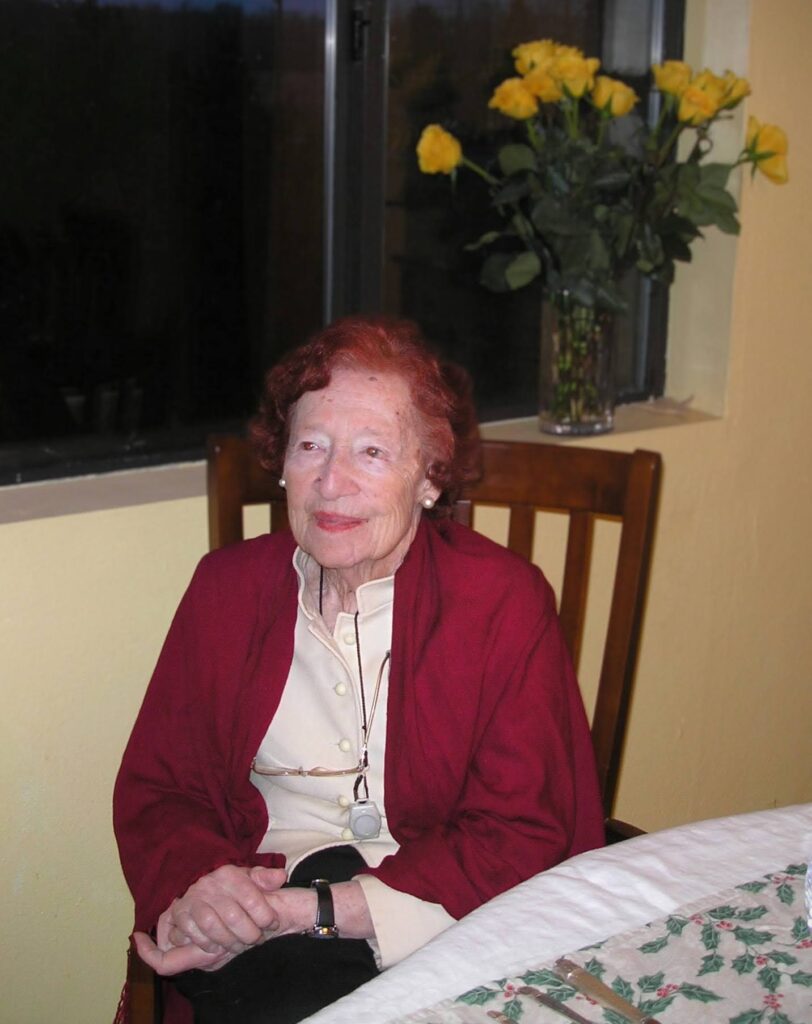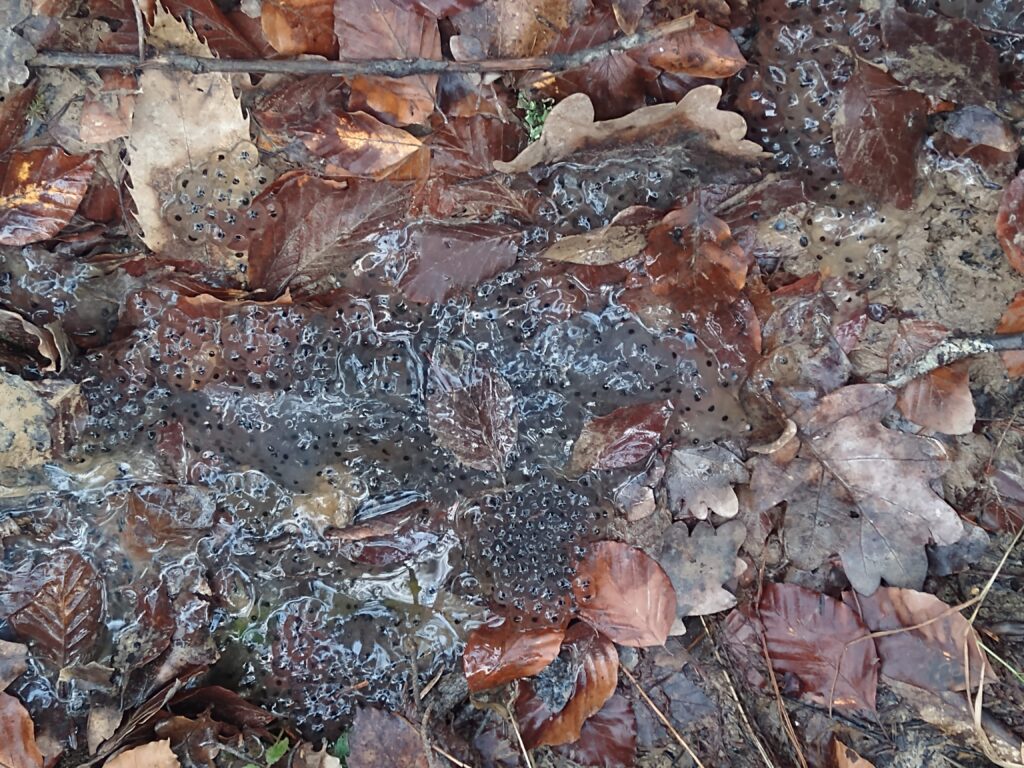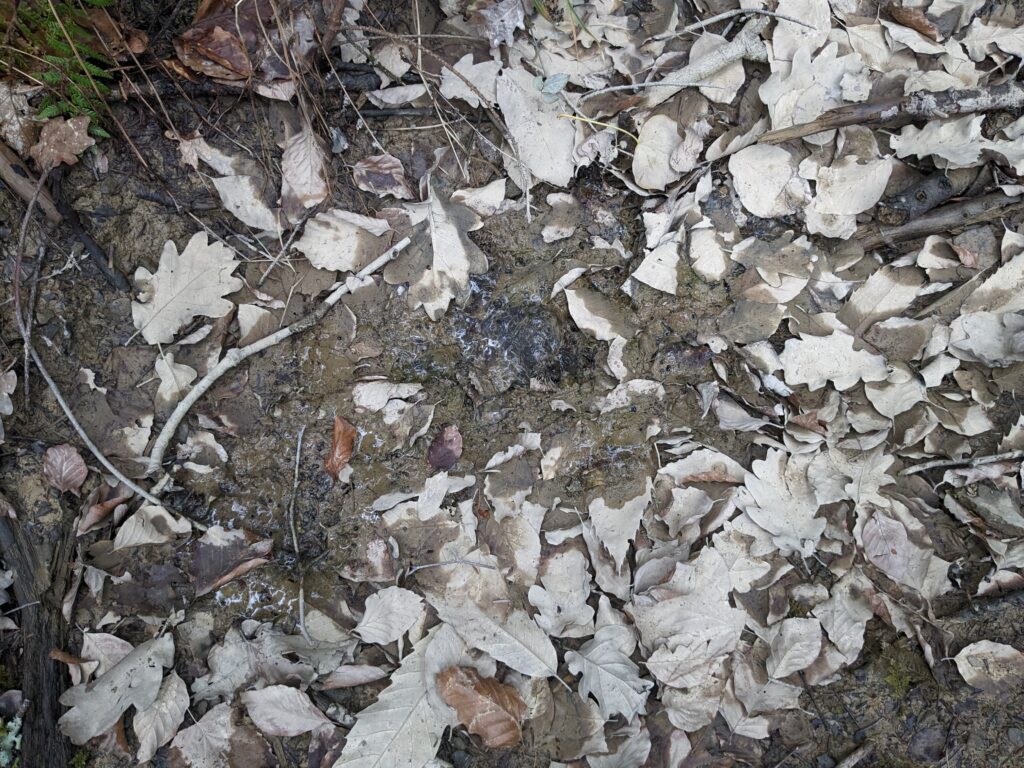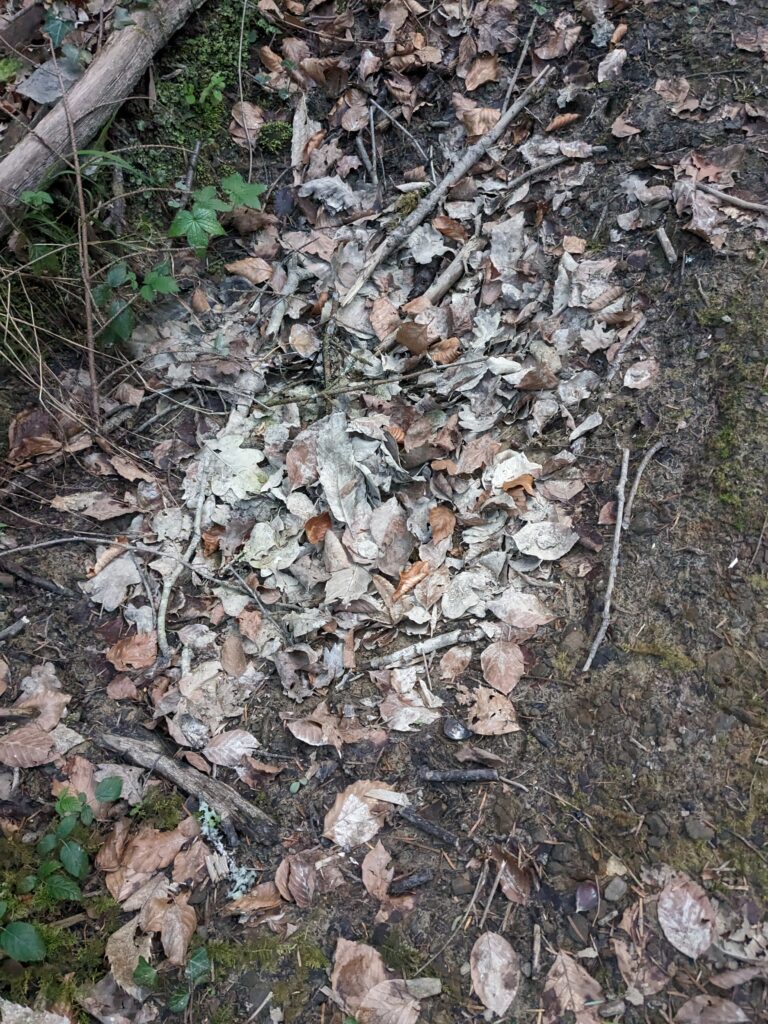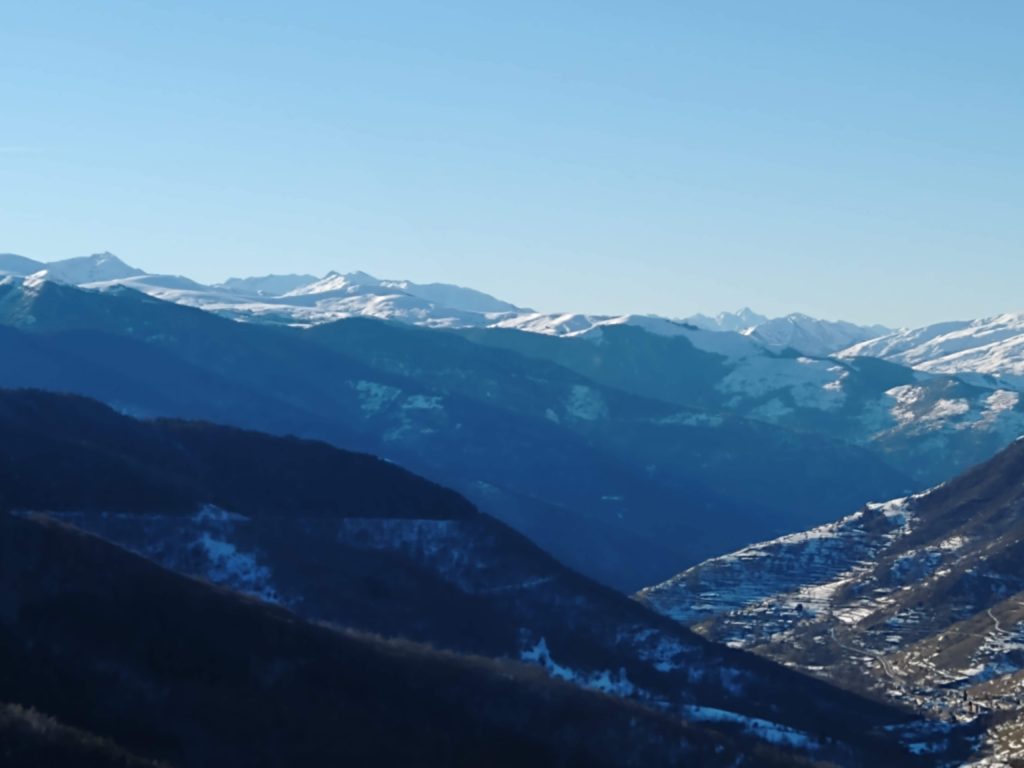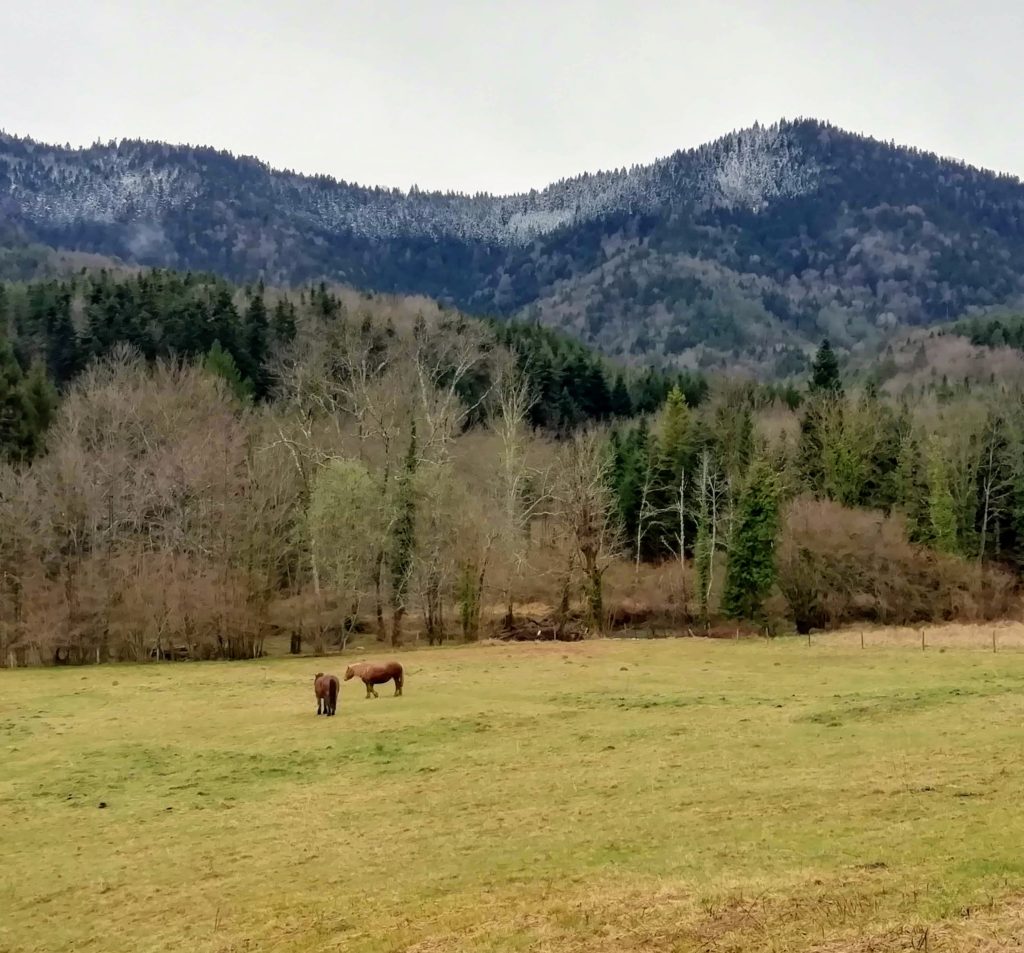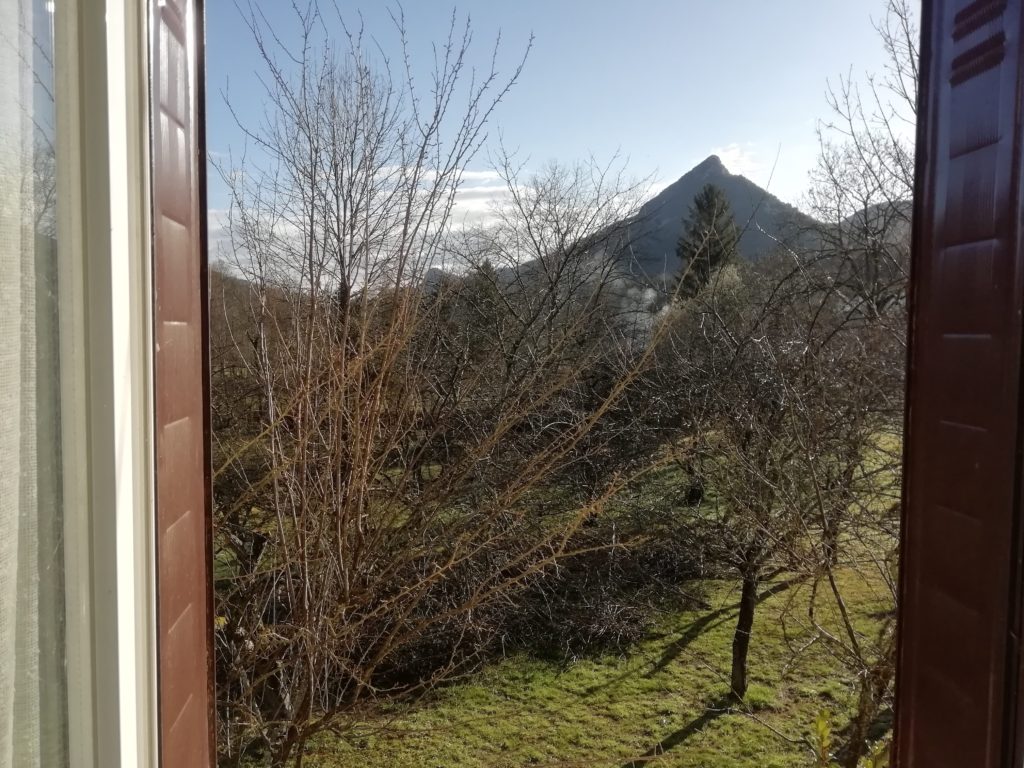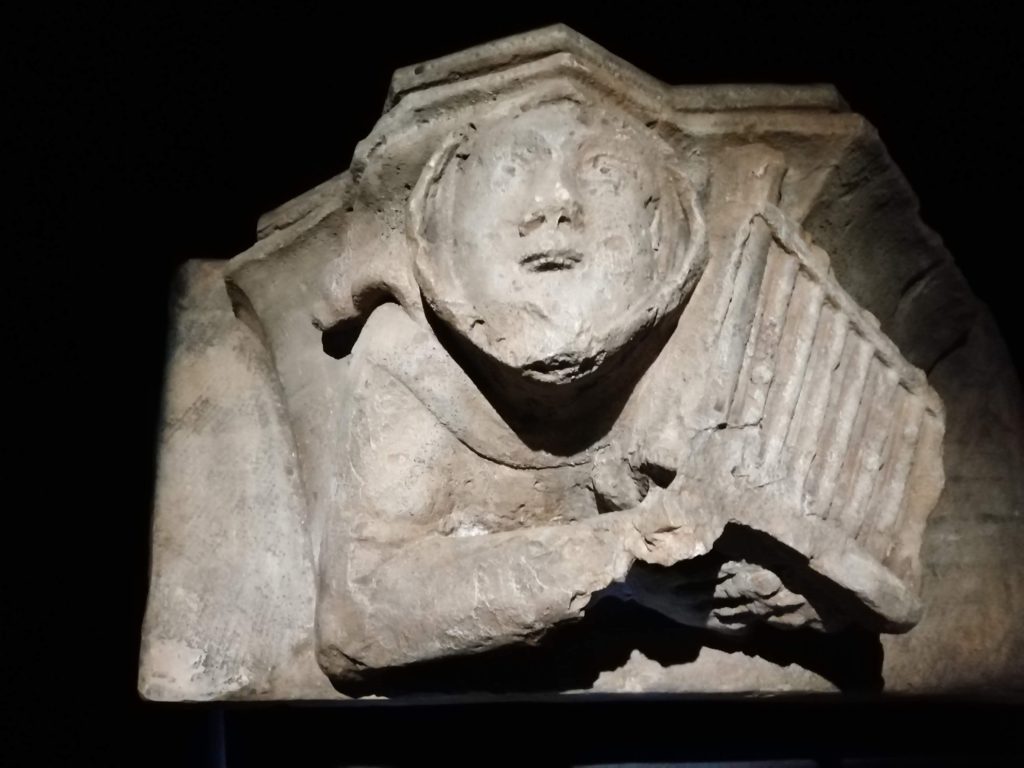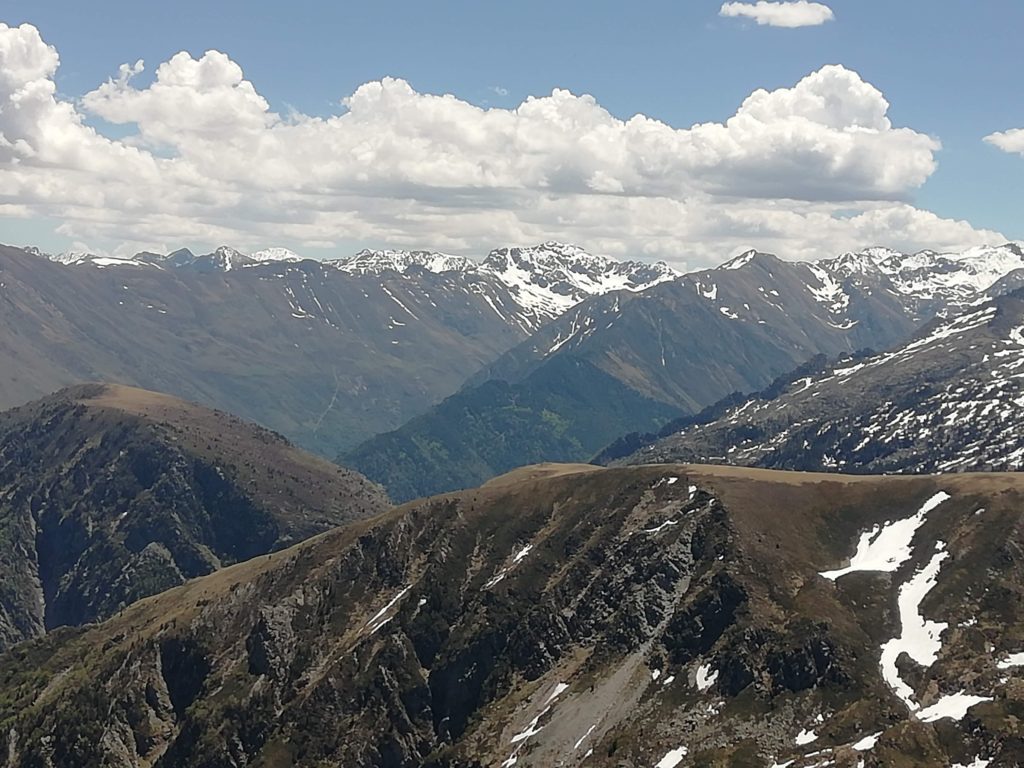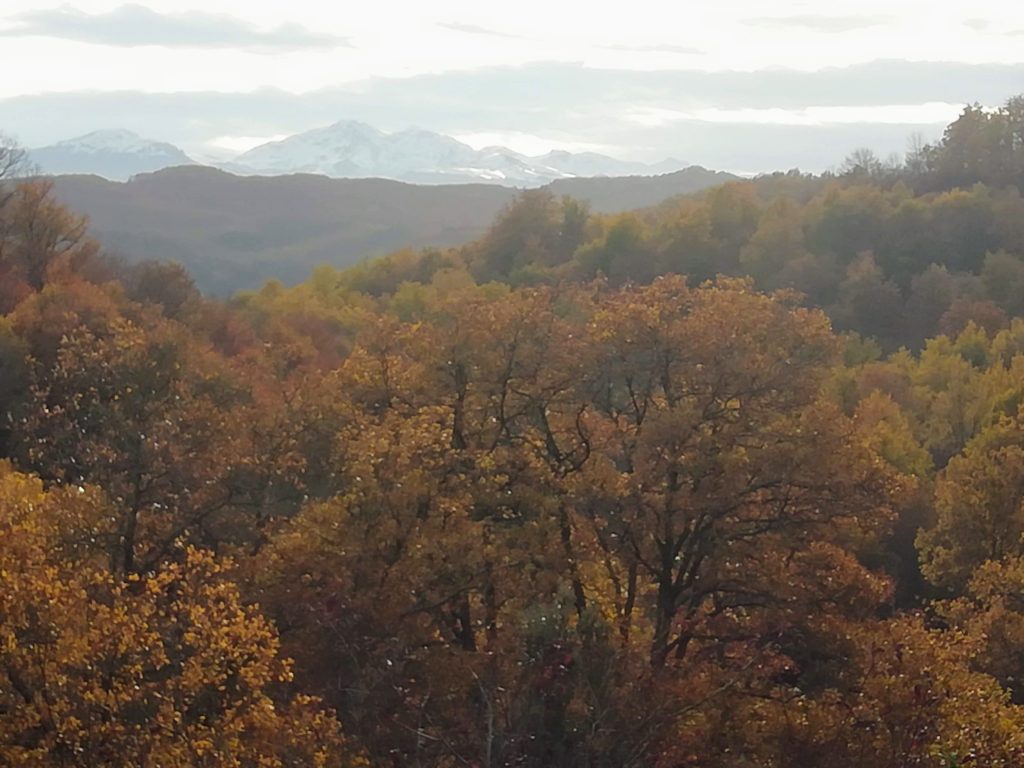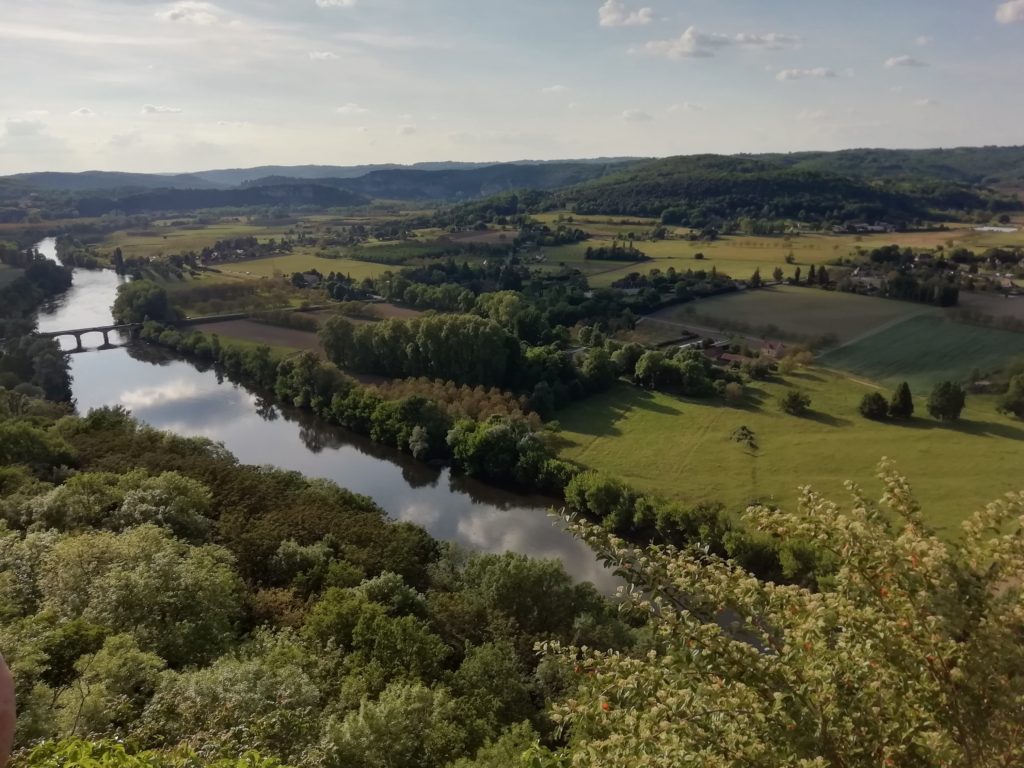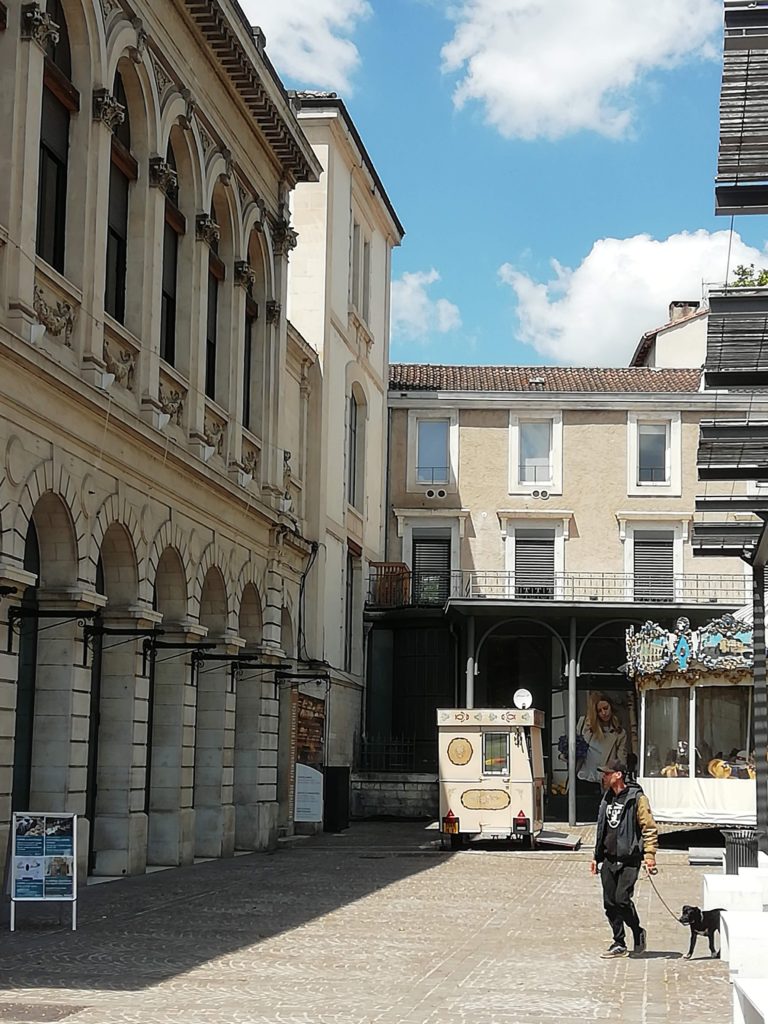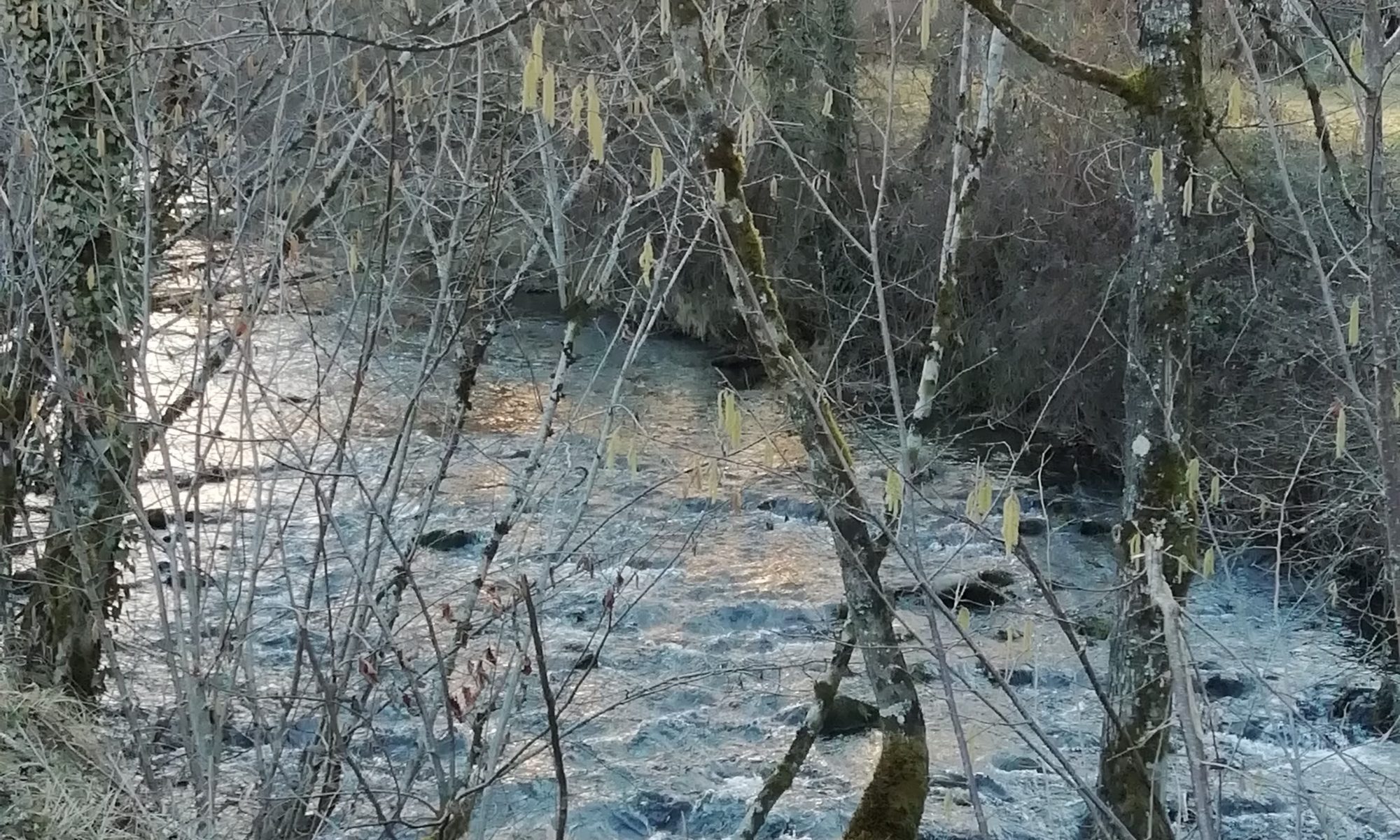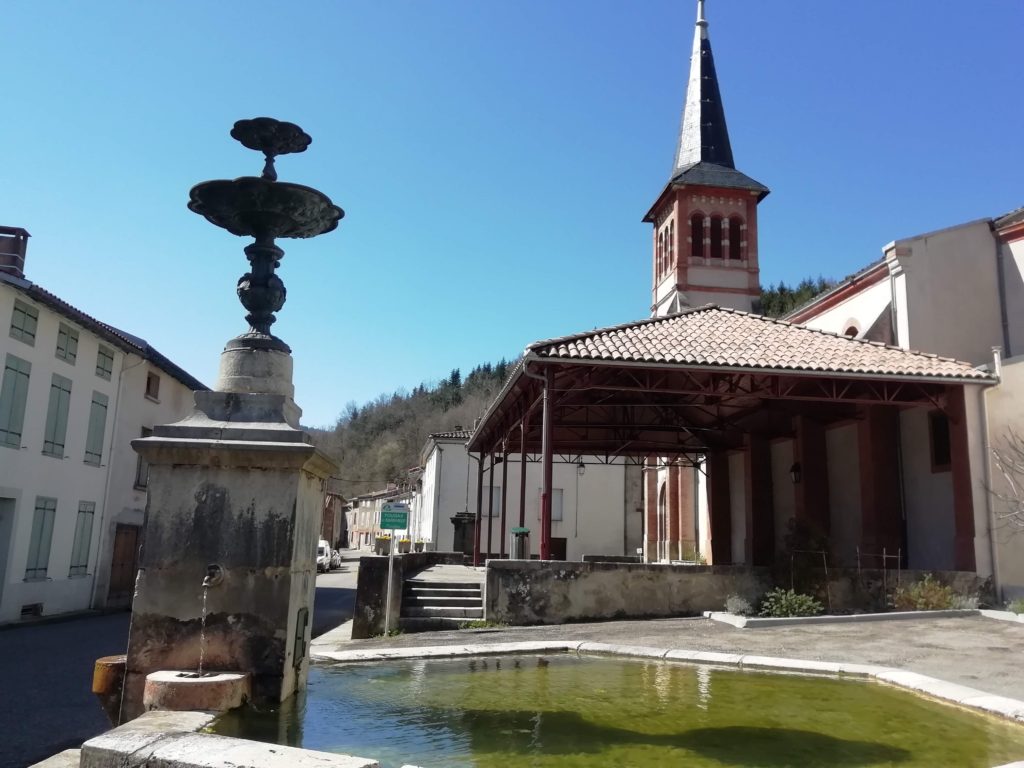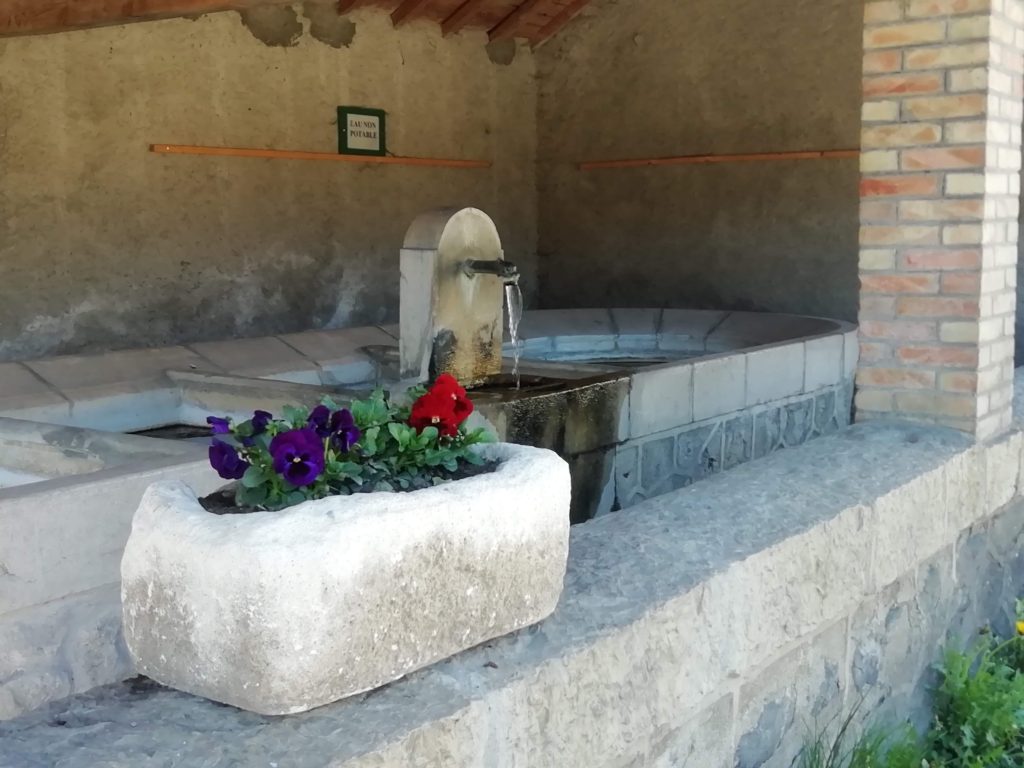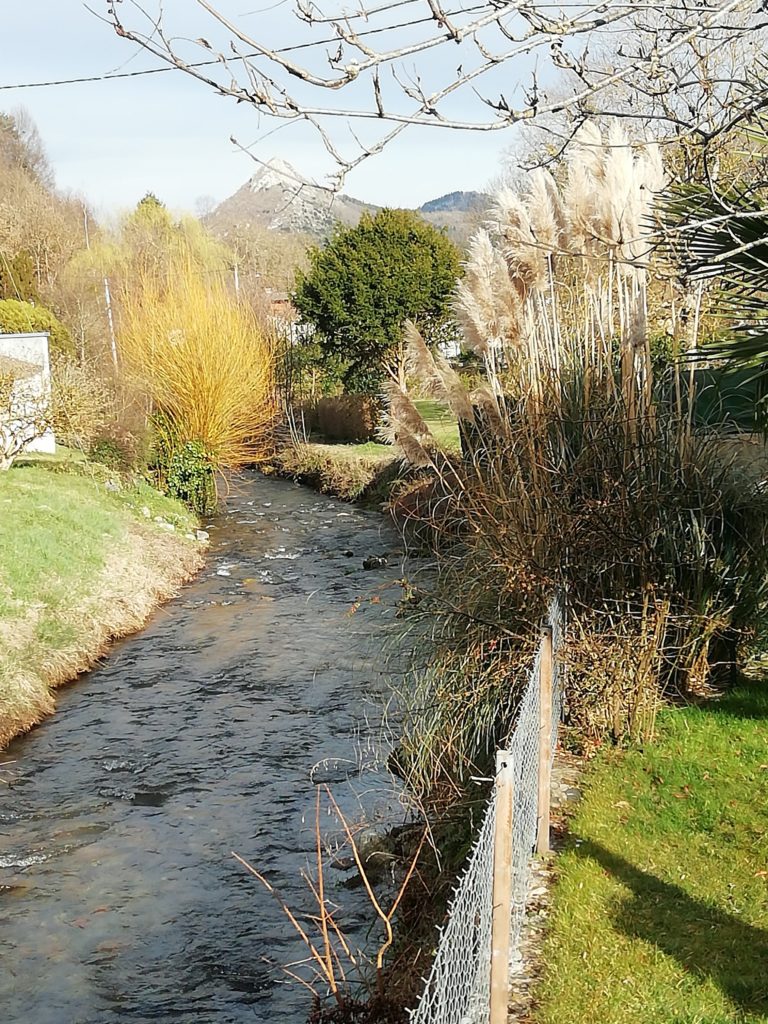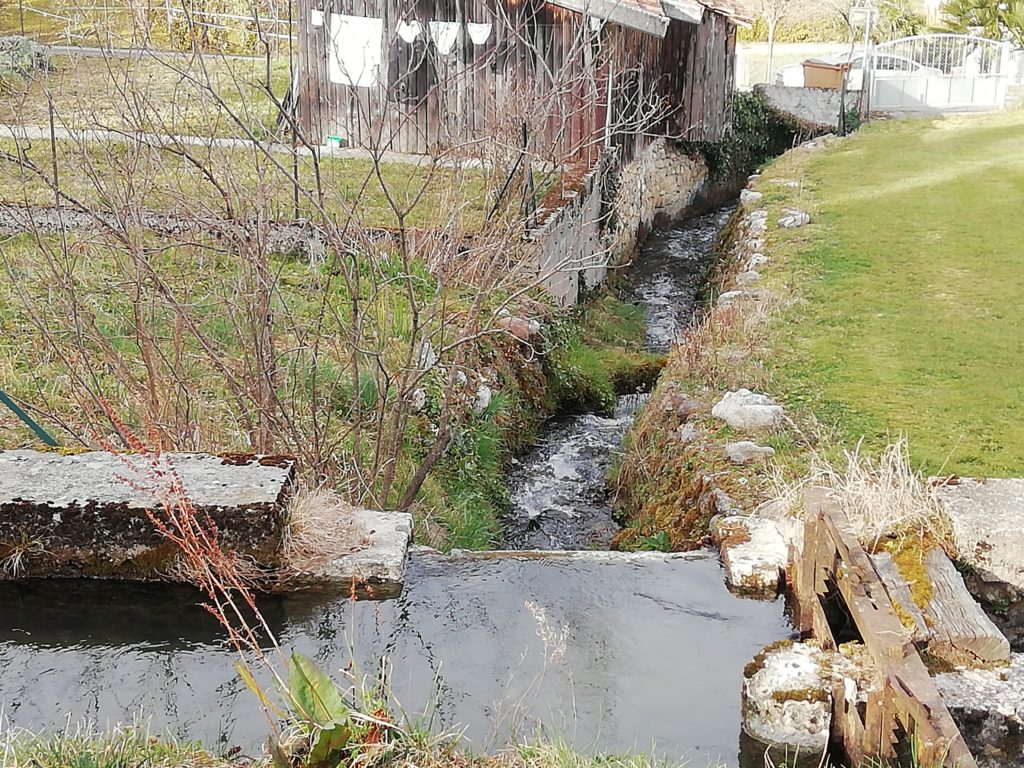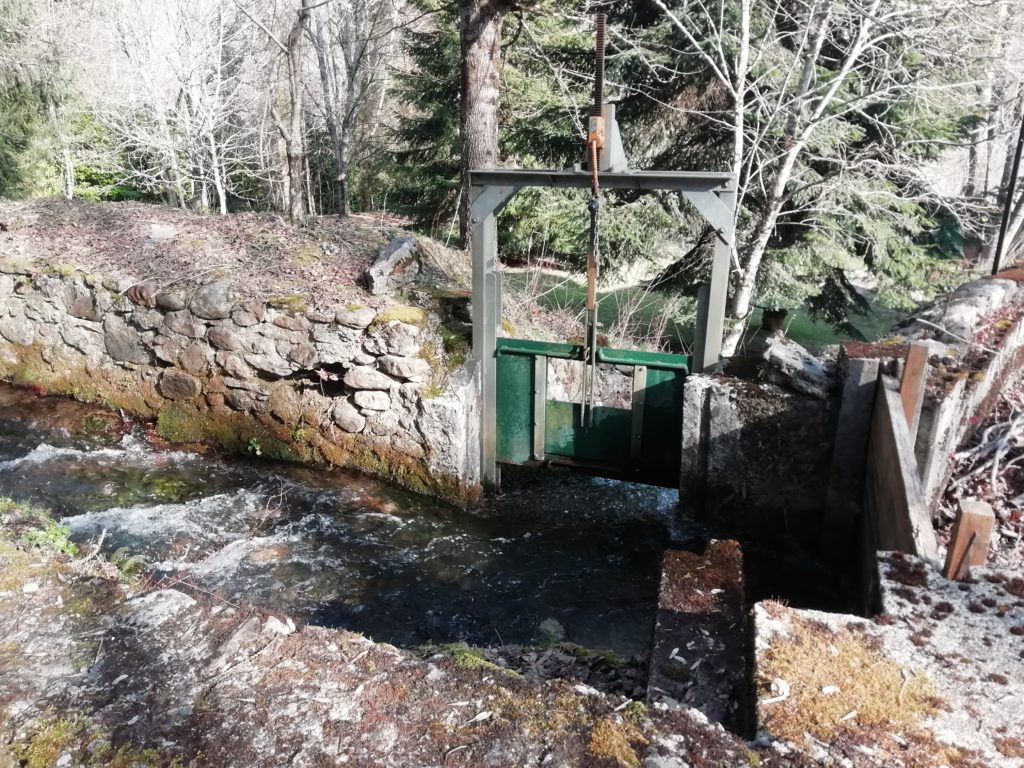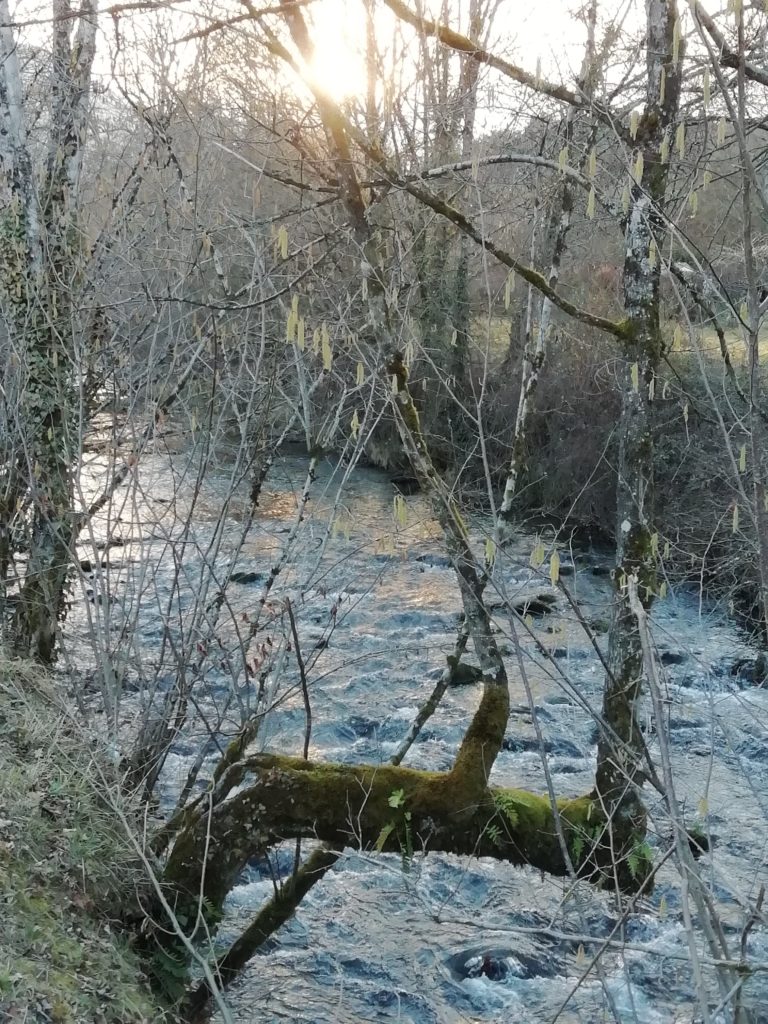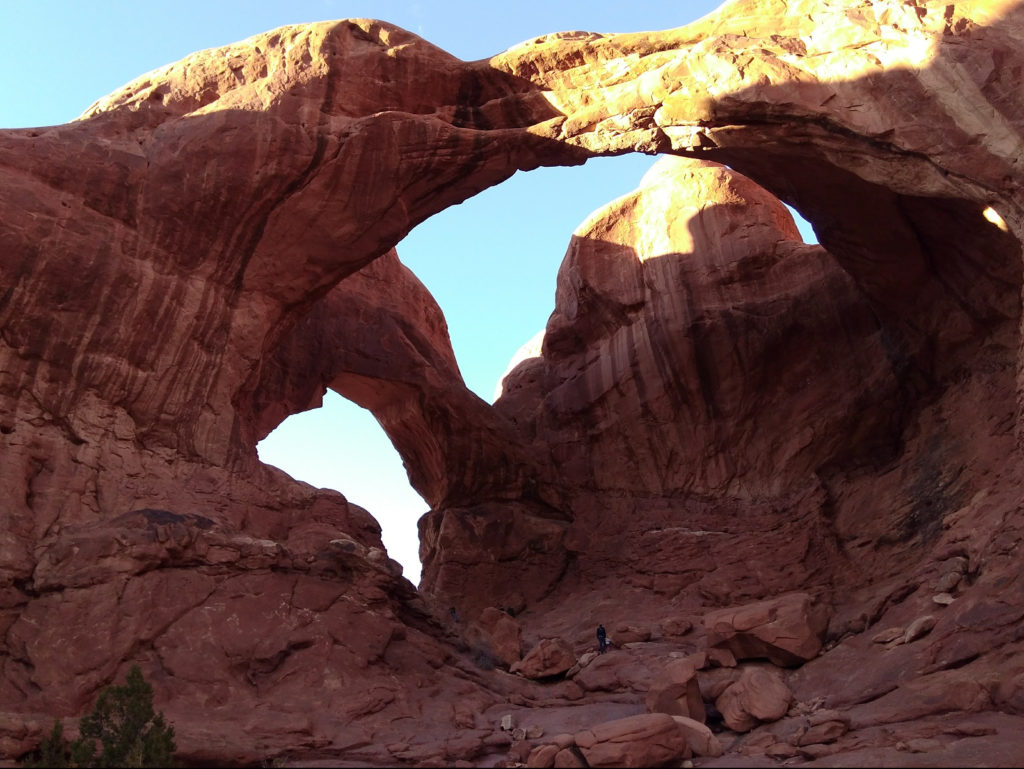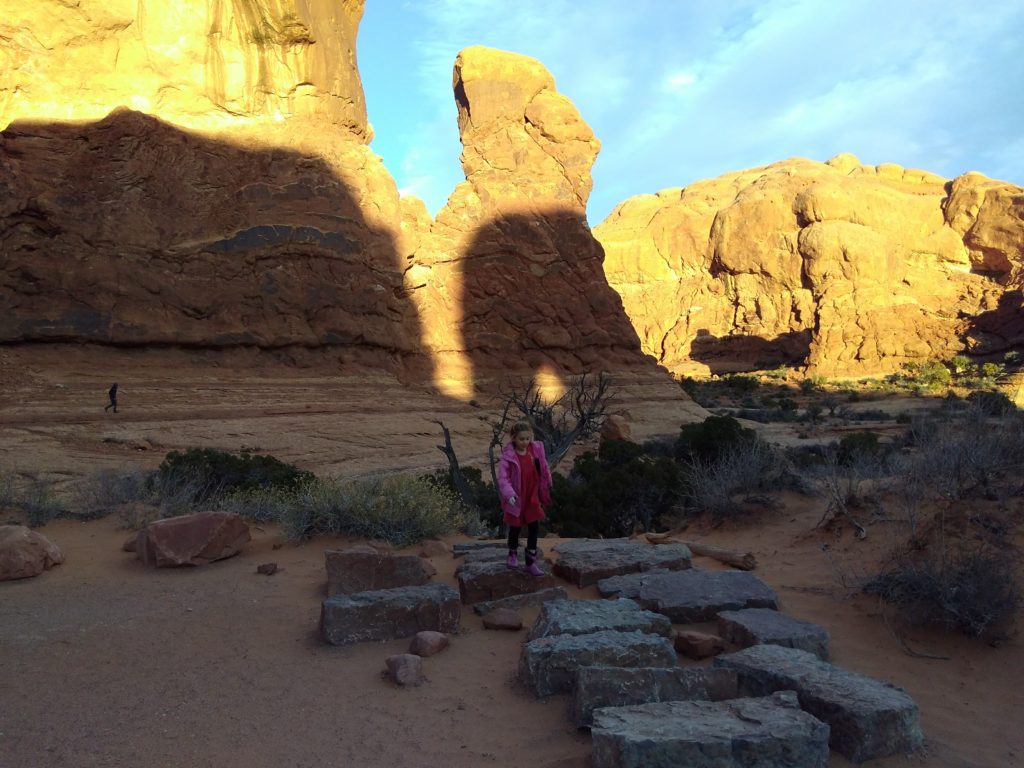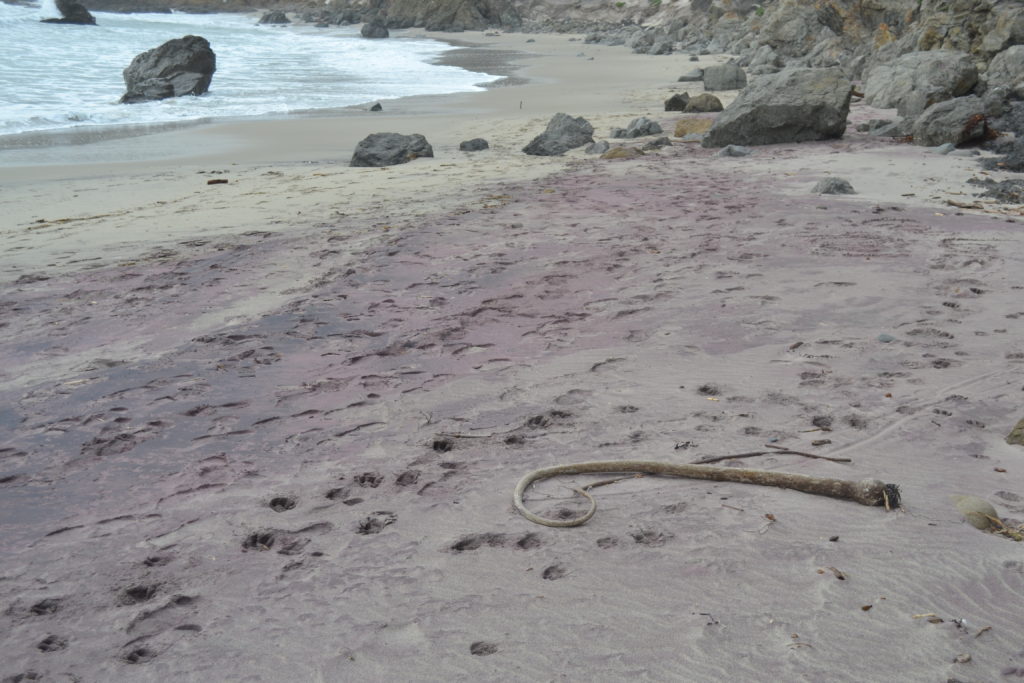At the age of ninety-three, her now sparse hair had been dyed metallic-red by accident. Pearl was bent but not broken. Her memory was true only for the years of her childhood and youth in Brooklyn. Everything else came and went like fireflies floating through her mind. But my mother was happy.
She was teaching French to one of the nursing assistants at the Residence. She had the Ph.D. she had never completed and became part of her identity when introduced. “I’m Pearl. I have a PhD. Where did you study? ” The other residents were old, not like here, and had no real intellectual interests. But the staff loved her.
Her mind had slowed and took no more of the flights that had occupied it for so many years. She came to live in the present, without that constant worry of what might come to pass at any moment with the people in her circle of love. She laughed often, a heart-felt gusty laugh that sometimes brought tears to her eyes (and mine). We laughed together like high school friends.
She’d flown three thousand miles across the country with me three years before so I could have her near me. After it had become clear she could no longer live alone in her big house, it was sold and I moved her into the Assisted Living in her town, the place where she had planned to go to be with the people she’d know for over fifty years. But she was no longer capable of living as independently as her younger friends and quickly became isolated and depressed. There were emergency calls to me on the other coast when she became stranded in the Emergency Room or when she wouldn’t believe that she had already been given her medications. I felt powerless to help her.
So I found a place near me where professors and their spouses went when they became too old to manage. They were from another culture than Pearl’s, more nordic than ashkenazic, but I thought she might find like-minded intellectuals. When we walked in the front door of the residence after she’d stayed at our house for the night, she grabbed my arm and tried to forcibly turn me back, whispering loudly, “I can’t stay here! These people are all so old!”
But, they were nice to her there and I could go and visit her often since she was near the office where I went every weekday. I could go catch her when she left the residence on one of her walks “Across town to 42nd Street”. She’d forgotten entirely the middle sixty years of her life and oriented solely to Brooklyn and “The City” where she’d lived for the first thirty odd years of her long life.
Saturdays became “Pearl Day”. In the summer, when we had a market stall selling our vegetables, I’d help my partner set up and start the day. Then I’d hop in my car and drive over to the next town where she lived and we’d spend a few hours together. I took her on little excursions to see the mountains or walk by Puget Sound. She loved the novelty of the Pacific Northwest. “The water! The mountains! We don’t have mountains in Brooklyn!” We’d have a nice lunch in a restaurant or a picnic in good weather.
But it wasn’t enough for her. She needed more real company, more stimulation. I talked to her about hiring someone to take her on outings. She wouldn’t have it. It was too artificial and too expensive.
Then I had a brain storm. I found a lovely woman who had a business providing services to the elderly. She was charming and smart and funny. I told her about my mother and she was game to work it out. I told her about my little subterfuge.
The next day, I called my mother and told her that I’d found a lovely, recently retired woman who was a bit lonely and wanted to have someone to do things with. It even so happened that she wanted to learn French and was excited when she heard my mother was a former French teacher. My mother consented to meet with her and see if they got along.
They got along famously. Her name was Lyle. Even though I continued to pay her for her time as agreed, they became fast friends. They went to the local museums and events. They could be seen walking arm in arm repeating French phrases together, chatting up museum docents and random people they came across on their slow walks and giggling over the antics of children on the boardwalk by the water,
Her memory was increasingly misty. Much of the time, she thought I was her sister. It became more and more difficult for the staff to manage her medication since she couldn’t remember having been given it just a few minutes before. She insisted she had never traveled and became obsessed by making her first trip to Paris (where she had been two or three times before). She began calling travel agents in town, trying to book tickets. We talked about the difficulties of a long, long plane trip at her age. “But my mind is clear! I feel good. I feel young!” “Yes,” was my response, “but your body is ninety-three years old. It’s a bit fragile.” I had to go to all the travel agents and ask them, please, not to sell tickets to Pearl. They laughed and agreed. She continued to try.
To assuage her, I told her it might be possible for us to go together if she consented to hire a wheelchair once we were there. She categorically refused on grounds of humiliation. I insisted. She insisted.”Okay, I said. Let’s take a trial trip. We’ll go visit Victoria in British Columbia because I know it well. We’ll stay at a B&B I know and we’ll go to Butchart Gardens”. She consented. LIttle did I know what was in store.
I booked the ground floor room at the B&B where I’d stayed several times with my partner. It was in a lovely old house in a quiet part of town. The hostess had become a friend.
We drove up to Tsawwassen Ferry Landing in British Columbia and had a wonderful ferry trip to Victoria. She was entranced by the beauty of the islands we passed and by being on a ship on the water.
Once we arrived in Victoria, we had a half hour car trip to the B&B. She was tired and chafed at the seat belt, practically crying like a small child. When we arrived, she was charmed by the owner and we settled into the room. We went out to a nice restaurant and returned for an early bedtime. I was exhausted and after I’d gotten her settled for the night I lay down in my own bed and fell asleep immediately.
I was awoken soon after by the noise of my mother getting out of bed, thinking it was morning. I tucked her back in and told her she needed to sleep. A half an hour later, she was up again. Once again, back to bed.
I fell into a deep sleep only to be woken again by some strange sense and a silence from her bed. I called her name. No response. I checked the toilet. No. I went out into the hall. No. But then I saw a light from under the kitchen door and a sound of a dish being put down on the table. Since it was only two thirty in the morning, I knew it wasn’t Lorraine starting to prepare breakfast.
I ran to open the door and there was my mother, raiding the refrigerator. The kitchen was off limits to guests, the private kitchen of the household. Horrified, I told my mother, “I’m sorry. You can’t be here. This isn’t our kitchen. Lorraine would be very upset.” I put the things away carefully, making sure to wipe up any evidence and lead my mother back to bed.
Now, truly exhausted, I put her back to bed and told her sternly to stay there until I told her it was time to wake up. I didn’t dare to sleep soundly, so I heard her get up again twenty minutes later and, drowsy, by the time I’d gotten myself out of bed, she was already headed for the kitchen.
I caught up with her and guided her back to bed. “But I’m hungry,” she said. “It’s time to get up.” “No. it’s three thirty in the morning. We’ll wake the whole household. You have to stay in your bed.”
I tucked her back in and gave her one of the cookies I’d brought. FIve minutes later she was pulling back the covers to get up. Oh God, I thought, No! Like the desperate mother of a naughty three year old, I said,
“If you get up again, I’ll have to spank you.” “You won’t!”, she said. “Oh yes!” I said. “I will!”
Three minutes later, she was up. I pulled back the covers, strode across the room andI smacked her on the bottom.
“No! Stay in bed!” A bit tearful, she got back under the covers.
Shaken by my audacity, I went back to bed and slept fitfully, attentive to any sound. She rolled over and over, but didn’t get up again till 6:30. I helped her dress and took her to the front room to watch the news on the tv while I snoozed on the sofa.
We had a lovely breakfast when Lorraine got up. The other guests at the table were charmed by this woman past ninety who was knew how to engage them in conversation. It was a lovely fall day. Time for our excursion to Butchart Gardens.
I had been there twice before and knew the layout. It would be much too far for her to walk but they had handy wheelchairs. When we arrived at the parking lot I said “Wait here while I go get a wheelchair for you. It will be a lovely ride through the gardens but too far to walk.” “No wheelchair”, she said. “Okay. We’ll do something else today then”, I replied.
She finally consented. Under duress. We started out on our journey around the gardens where the constant explosions of color and pattern leave you in a state of all-consuming awe. We got to a part of the garden that was quieter and more subdued, a park with a path through. She suddenly said, “You shouldn’t be the one pushing me around. I should be pushing you. “ I laughed and said “Thank you. But I’m fine.” She insisted. She got out of the wheelchair, all fragile ninety pounds, five foot six of her compared to my five foot eleven. I got her to sit again for a few feet, but she started to drag her feet so I couldn’t push. “See. It’s too hard “ she said.
“Okay.” I said. “You can push me.” We changed places on the momentarily deserted path. She tried to push. “You’re dragging your feet!” she said. I lifted my feet so she could see. “Nope.” She tried again and it wouldn’t budge. Just as a father and his little girl came up the path, she started to cry. Oh no! I thought. That father must be thinking, “Right! Elder abuse!” like a good Canadian.
I leaped out of the chair, grabbing the handles so she wouldn’t fall over. I put my other arm around her and said “It’s okay. I understand.’
“I feel so guilty” she said, “that you have to push me. I should take care of you.” I reassured her that this was the way of nature, that the younger eventually have to take care of the older. “But you’re the younger one!” she said. She was still crying softly as I got her back in the chair.
We went to sit on a nearby bench in front of a fountain. I needed to do something to redeem the moment. Her head was hanging in shame.
I said, “You know, I think we can do something together. You feel guilty a lot. More and more. Let’s embrace the guilt! Let’s hug it! Let’s tell it it’s loved. Let’s practice Jewish Buddhism. We replace love with guilt! We’ll start a new religion together! “
I hugged myself. “Oh guilt! I love you! Be big for me! Grow strong!” She looked at me and started to laugh.
“Do it!” I said. And she did.
We both hugged ourselves, kissing the air. “ Oh beautiful guilt! We love you” we chanted. We were both laughing. “More!” I said. We did, more and more, laughing harder and harder until we both had tears streaming down our faces.
We hugged. She got back into the wheelchair. “Where next?” she said, wiping her tears with the back of her hand.
